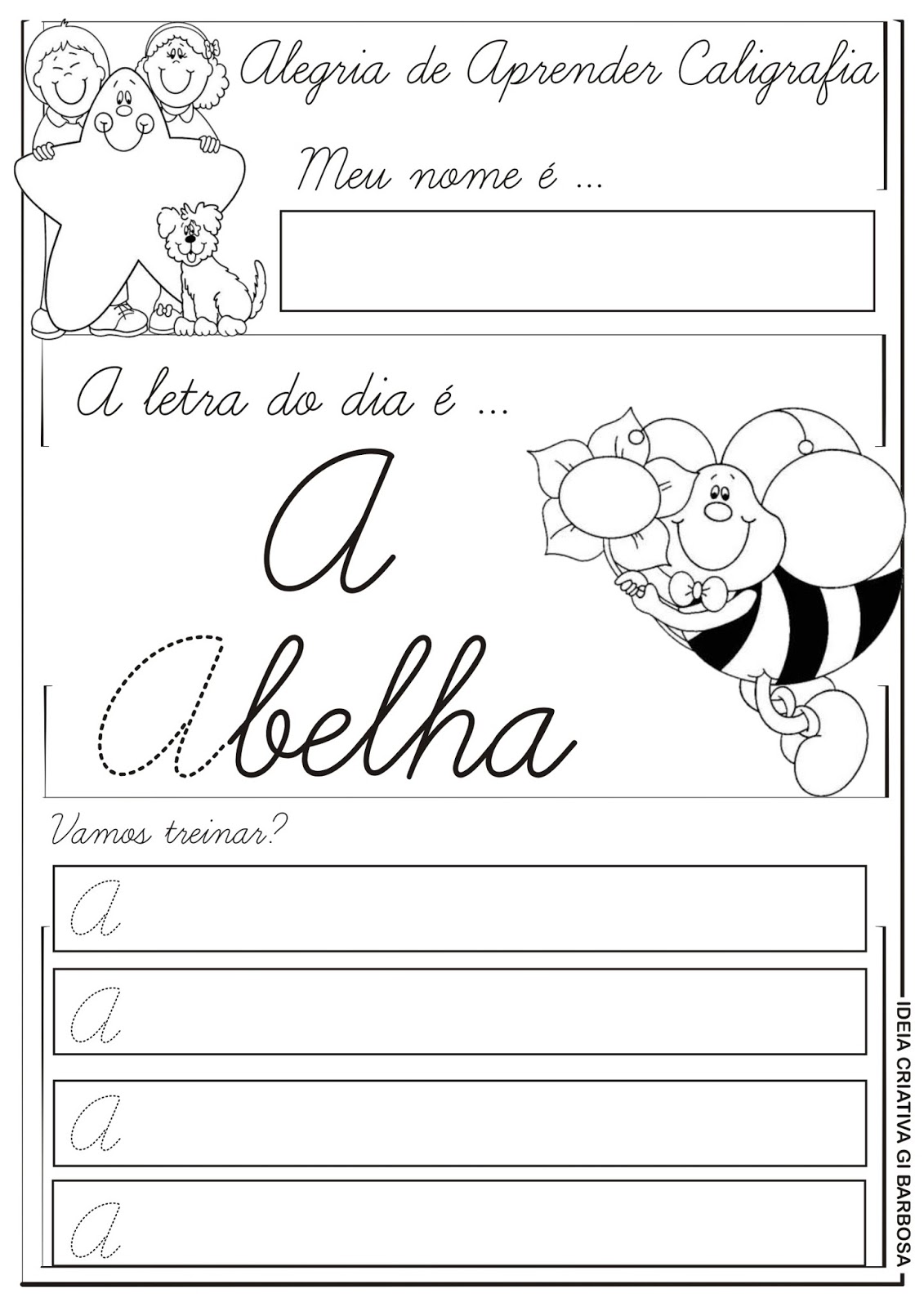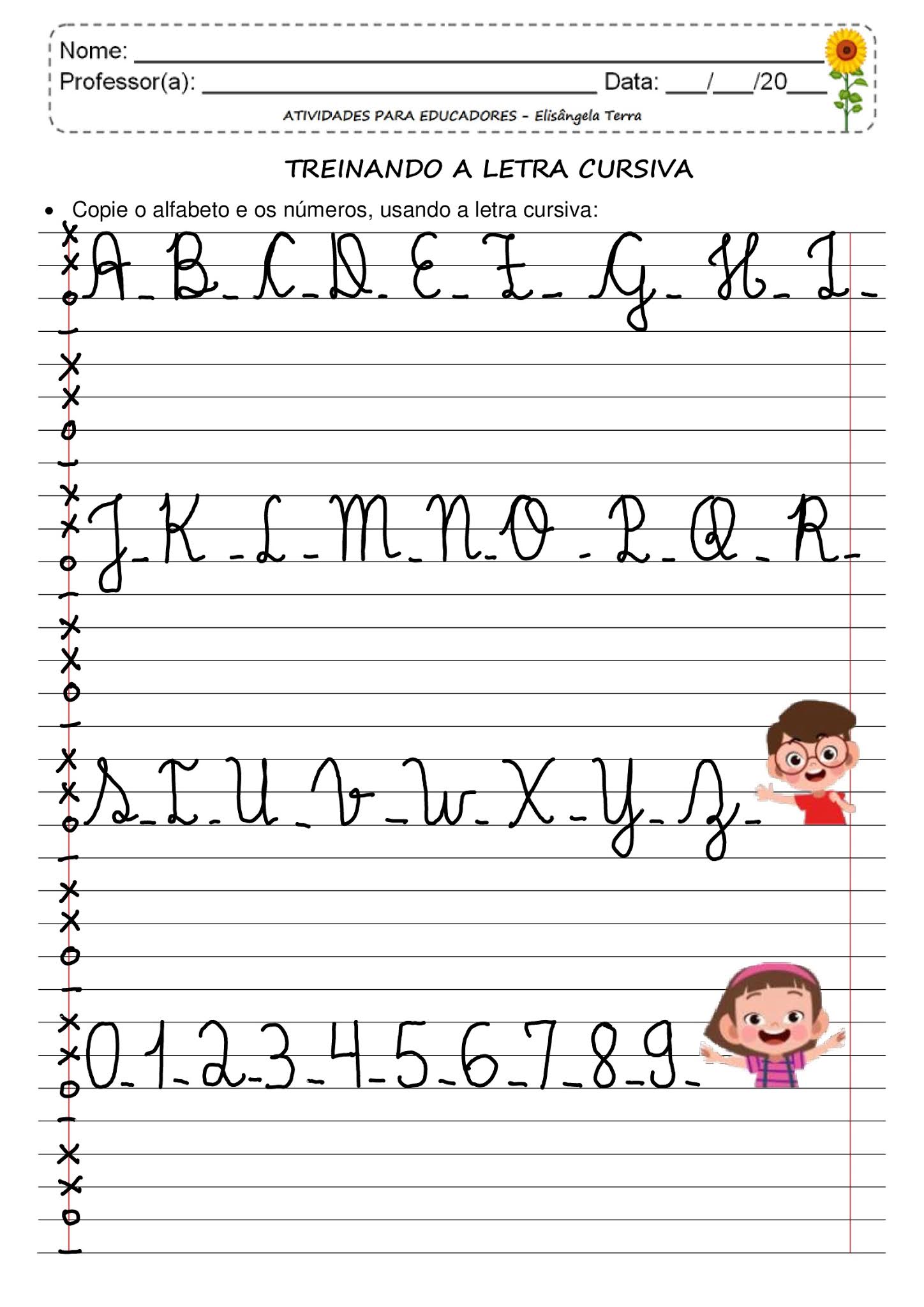Music Videos Get Artsy: The Rise of Kinetic Typography
Remember the days when music videos were all about flashy sets, elaborate choreography, and maybe a storyline that left you scratching your head? Things have changed. Now, a new wave of music videos is captivating viewers with a much more minimalist approach, focusing on the power of words themselves through the magic of kinetic typography.
Imagine this: you're watching a music video, and instead of a rock band belting out their latest hit, you're treated to a mesmerizing dance of animated lyrics. Each word is meticulously styled, timed perfectly with the music, and often incorporates dazzling visual effects. That's the power of kinetic typography, a trend that's turning music videos into mini-masterpieces of motion design.
But it's not just about aesthetics. Kinetic typography adds a whole new layer of meaning to the music. It can emphasize certain lyrics, highlight the rhythm and flow of the words, and even evoke specific emotions. Think of it as a visual interpretation of the song, enhancing the listening experience and drawing viewers deeper into the artist's message.
From indie artists to chart-topping superstars, musicians across genres are embracing kinetic typography as a way to create visually stunning and emotionally resonant music videos. It's a testament to the power of simple yet effective design, proving that sometimes, all you need to tell a story are the right words set in motion.
This shift towards visually engaging lyrics isn't just a fad; it's a reflection of how we consume media today. In a world saturated with information and fleeting attention spans, kinetic typography helps artists cut through the noise and create a lasting impact. It's a captivating way to engage viewers, making them really listen to the lyrics and connect with the music on a deeper level.
While the term "kinetic typography" might sound technical, its roots can be traced back to early experimental filmmaking and the art of animation. Think Saul Bass' iconic title sequences or the hand-drawn lyric videos of the MTV era. What was once a niche technique has now become a mainstream phenomenon, thanks in part to advances in digital design software and the accessibility of online video platforms.
The rise of kinetic typography speaks volumes about the evolving relationship between music and visuals. It's no longer enough for a song to sound good; it needs to look good too. This trend underscores the importance of creating a holistic sensory experience for listeners, one that engages both the ears and the eyes. In many ways, kinetic typography is blurring the lines between music, art, and graphic design, pushing the boundaries of creative expression in the process.
But this innovative approach isn't without its challenges. One of the biggest hurdles is finding the right balance between visual flair and clarity. Overly complex animations can distract from the lyrics and overwhelm the viewer. On the other hand, simplistic designs might fall flat and fail to capture the essence of the song.
Despite these challenges, one thing is clear: kinetic typography is here to stay. It's a powerful tool for artists to enhance their music, connect with their audience, and leave a lasting impression. As technology continues to evolve, we can expect to see even more creative and innovative uses of kinetic typography in music videos, pushing the boundaries of visual storytelling and transforming the way we experience music.
Pokemon fanfiction reborn in the world of pocket monsters
Sherwin williams muslin paint the underrated neutral you need
Come on a my house a deep dive into the novelty hit














